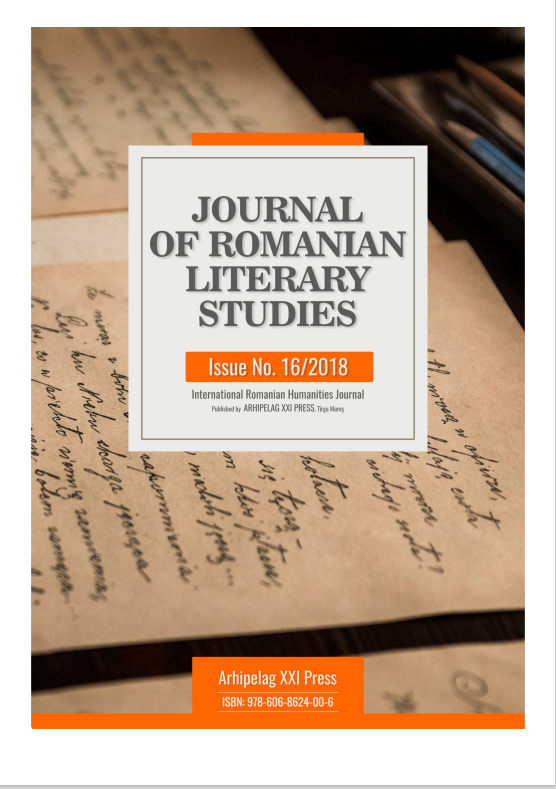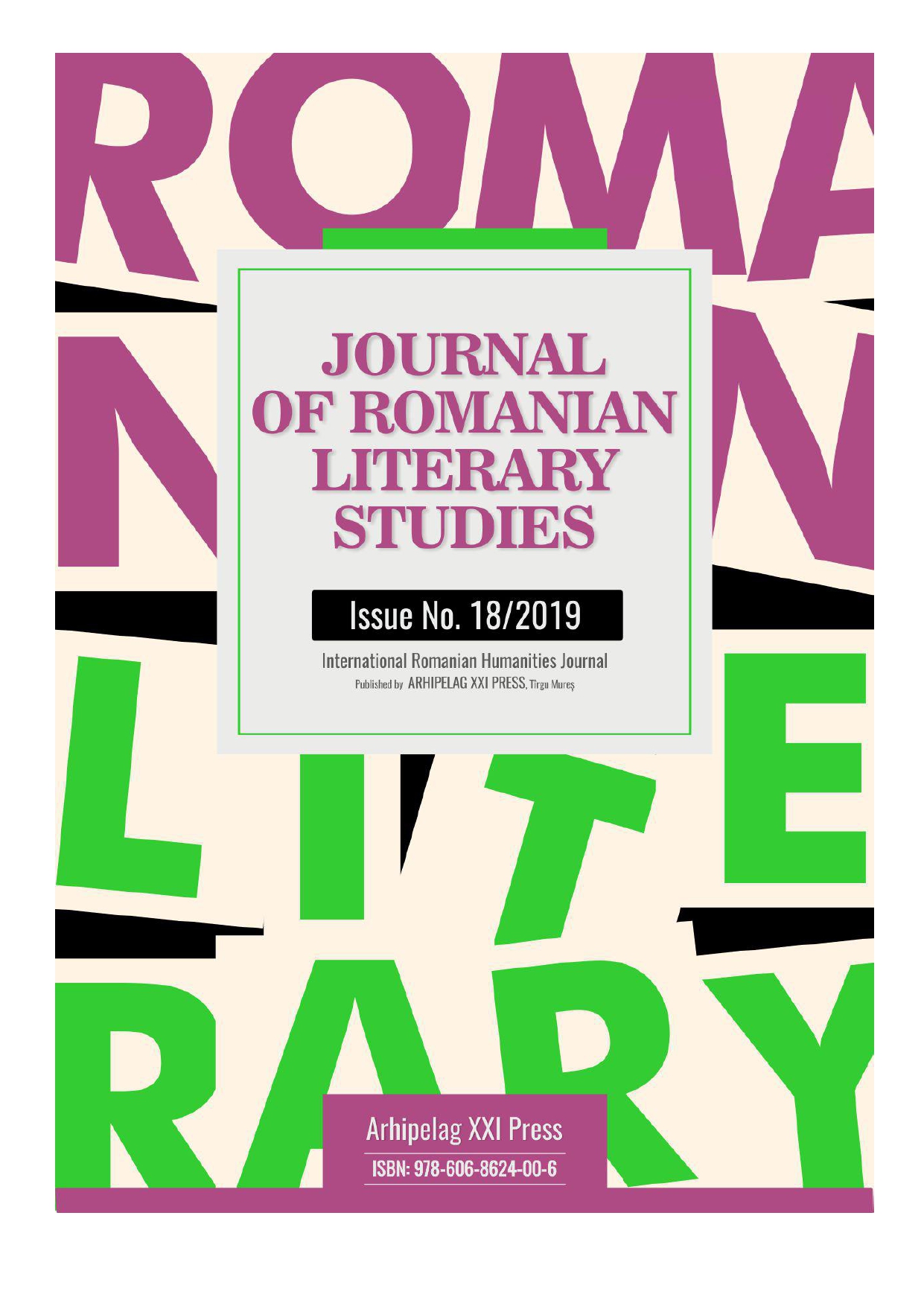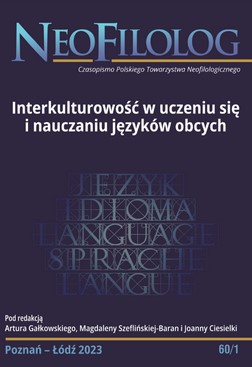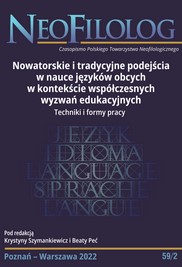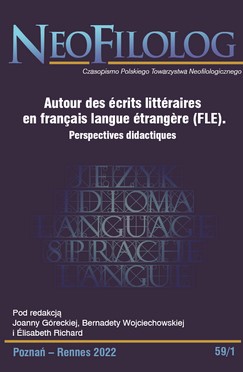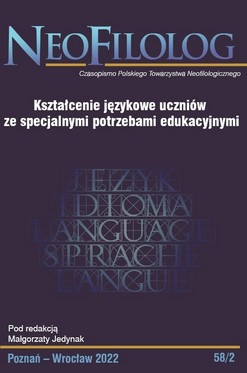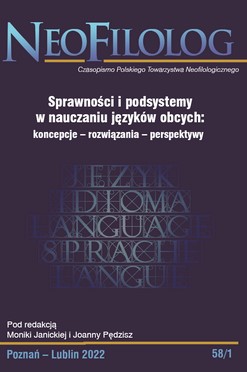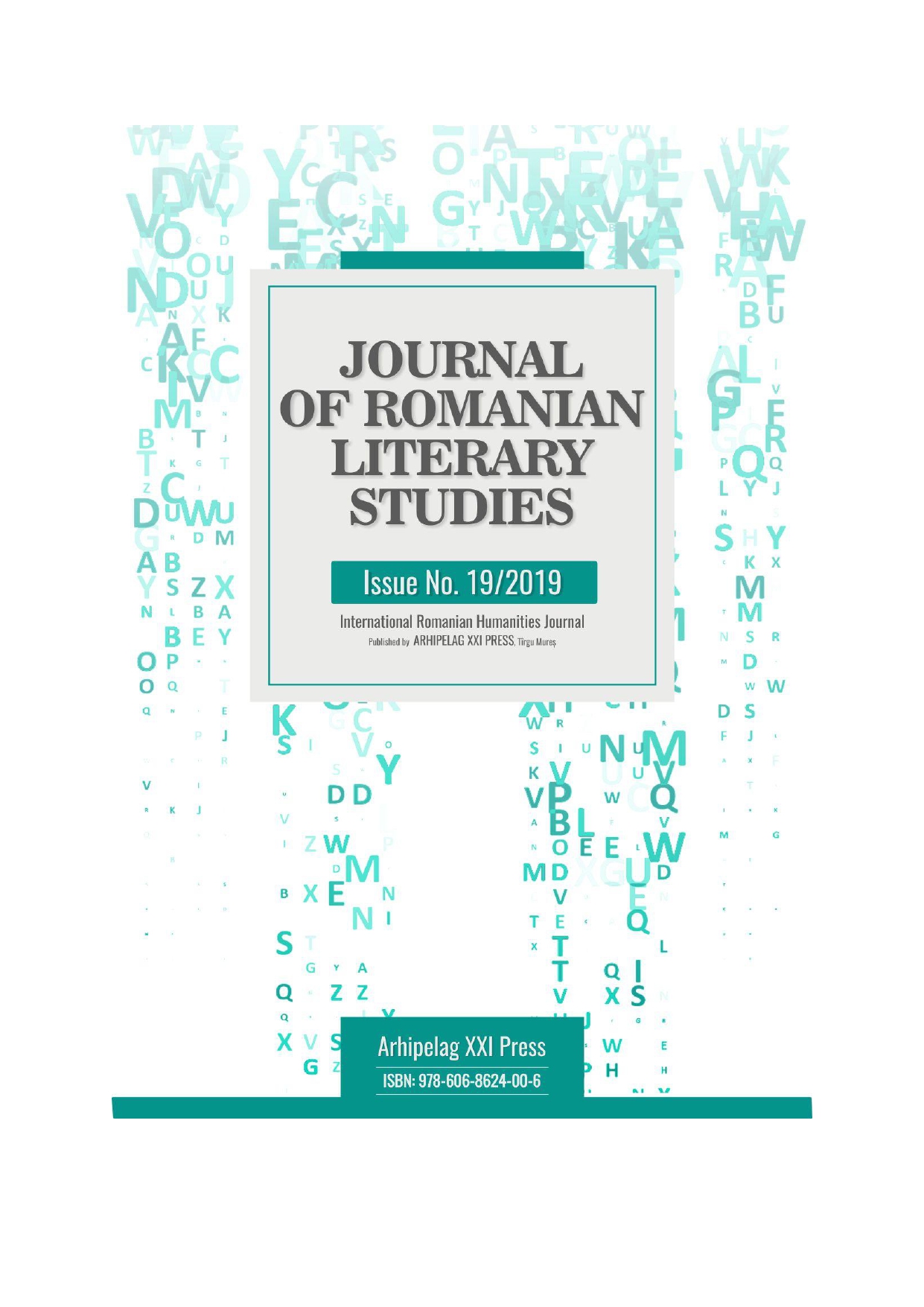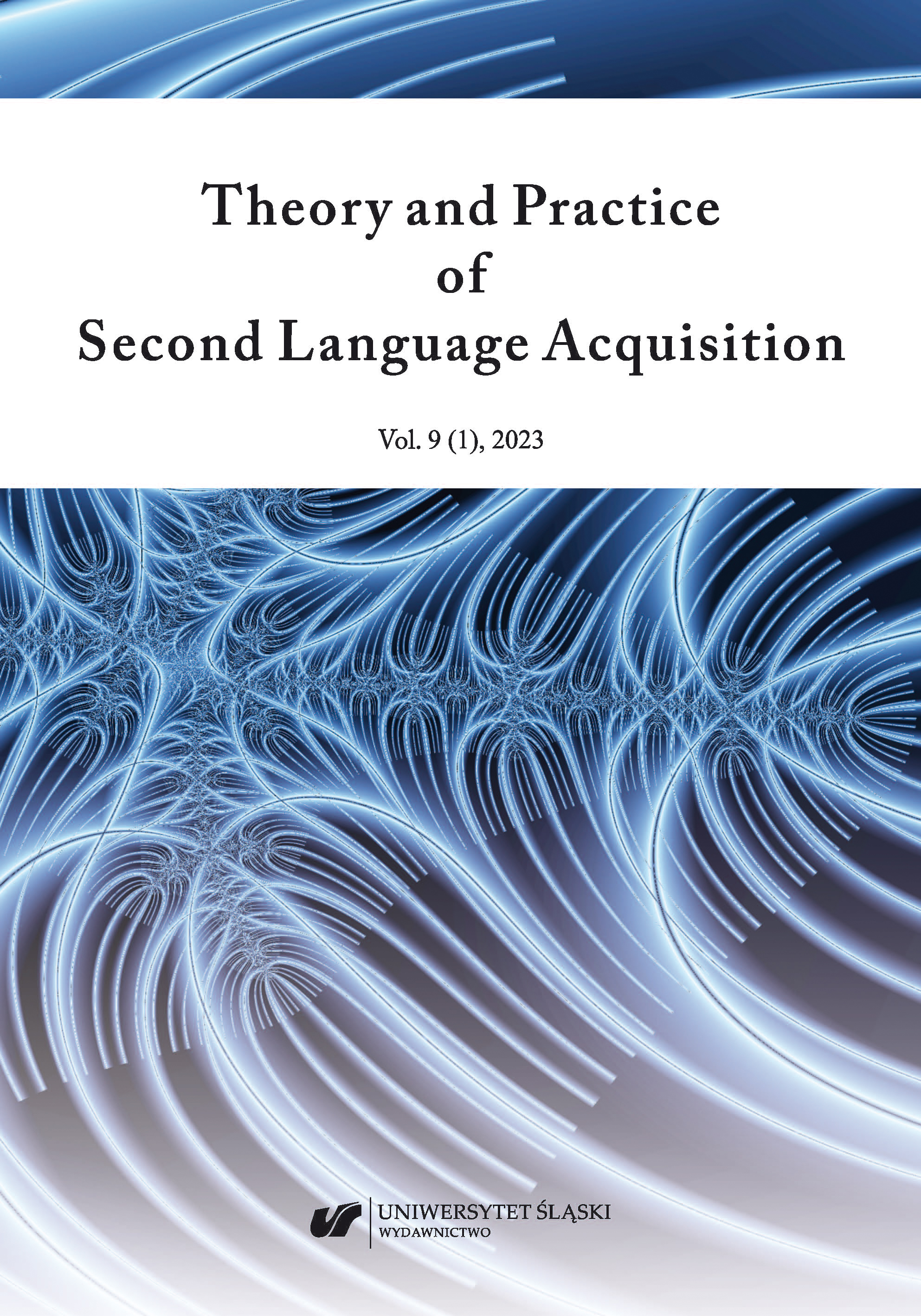
Listening Strategies and L2 Listening Comprehension: Does the Test Method Matter?
Many studies have so far tried to examine the relationship between listening strategies and listening comprehension. However, it seems that none of them have focused on the effect of the test method on the findings. The present study has investigated the issue by having 55 English language learners respond to pictorial and non-pictorial listening test items with different response formats. The listening section of the Preliminary English Test (PET) and a 36-item listening strategies questionnaire were administered in the first session and after a week’s interval, the participants took a modified version of PET listening. The data were collected in a language laboratory. Several correlation and regression tests were run to investigate the relationships between listening comprehension as measured by the original and modified PET listening tests and metacognitive, cognitive and socio-affective listening strategies. The results showed that L2 learners’ use of metacognitive listening strategies is the strongest predictor of listening performance. In addition, the findings indicated that the relationship between the use of listening strategies and listening performance is mediated by the kind of test method which is used for measuring L2 listening. Directions for future research and implications for practice are presented.
More...
